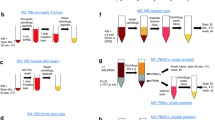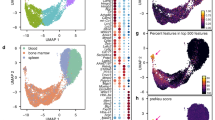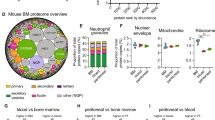Abstract
Summary: The blood neutrophil response to endotoxin challenge was determined in one-day-old and young adult rats to test the hypothesis that the neonate is unable to mobilize neutrophils from bone marrow to the peripheral circulation at a rate similar to adults. Adult animals responded to endotoxin with a brief neutropenia followed rapidly by marked neutrophilia. The maximum adult neutrophil count occurred at 11 hr after challenge and returned to baseline values by 28 hr. In contrast, one-day-old rats showed a prolonged neutropenia after a comparable injection. Peak neutrophil counts in neonates occurred later than those seen in adults (16 versus 11 hr) and were also lower. However, neutrophilia, once established in the neonates, persisted considerably longer than in adults.
The age at which the adult response to endotoxin is achieved was assessed by bleeding animals of increasing ages 7 hr after endotoxin challenge. A gradual progression toward the adult neutrophil response began at 2 wk of age. The most rapid change in endotoxin responsiveness occurred after 6 wk of age.
Speculation: The neonate, although probably possessing adequate bone marrow neutrophil reserves, may be unable to mobilize these stores rapidly and effectively. Coupled with other recognized defects in host defenses, this indolent response to inflammatory stimuli may in part be responsible for the unique propensity of the neonate to serious infection.
Similar content being viewed by others
Log in or create a free account to read this content
Gain free access to this article, as well as selected content from this journal and more on nature.com
or
Author information
Authors and Affiliations
Rights and permissions
About this article
Cite this article
Schuit, K., Krebs, R. Indolent Neutrophil Response to Endotoxin in Newborn Rats. Pediatr Res 15, 47–49 (1981). https://doi.org/10.1203/00006450-198101000-00011
Issue date:
DOI: https://doi.org/10.1203/00006450-198101000-00011



